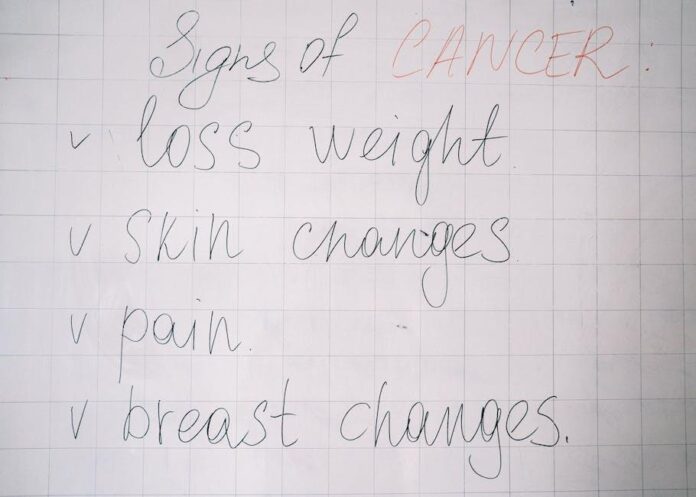
Understanding the Symptoms and Causes of Low Hemoglobin Levels
Hemoglobin is a protein found in red blood cells that is responsible for carrying oxygen from the lungs to the body’s tissues and organs. Low hemoglobin levels can lead to a condition called anemia, which can cause fatigue, weakness, and other health problems. In this article, we will explore the symptoms and causes of low hemoglobin levels, as well as potential treatment options.
Symptoms of Low Hemoglobin Levels
Low hemoglobin levels can cause a range of symptoms that can impact a person’s quality of life. Some common symptoms of low hemoglobin levels include:
– Fatigue
– Weakness
– Shortness of breath
– Dizziness
– Headaches
– Pale skin
– Rapid or irregular heartbeat
– Cold hands and feet
– Chest pain
– Difficulty concentrating
These symptoms can vary in severity depending on the individual and the underlying cause of the low hemoglobin levels. It is important to note that these symptoms can also be caused by other health conditions, so it is important to consult a healthcare professional for a proper diagnosis.
Causes of Low Hemoglobin Levels
There are several potential causes of low hemoglobin levels, and identifying the underlying cause is crucial for determining the appropriate treatment. Some common causes of low hemoglobin levels include:
– Iron deficiency: Iron is essential for the production of hemoglobin, so a lack of iron in the body can lead to low hemoglobin levels. This is one of the most common causes of anemia.
– Vitamin B12 deficiency: Vitamin B12 is also necessary for the production of healthy red blood cells. A deficiency in this vitamin can lead to low hemoglobin levels.
– Chronic diseases: Some chronic diseases, such as kidney disease or cancer, can interfere with the body’s ability to produce red blood cells, leading to low hemoglobin levels.
– Bone marrow problems: Conditions that affect the bone marrow, such as leukemia or myelodysplastic syndromes, can result in low hemoglobin levels.
– Chronic blood loss: Conditions that cause chronic blood loss, such as ulcers, heavy menstrual periods, or gastrointestinal bleeding, can lead to low hemoglobin levels over time.
– Genetic factors: Some people may inherit conditions that affect the production or function of hemoglobin, leading to low hemoglobin levels.
– Pregnancy: Pregnant women are at higher risk of developing anemia due to the increased demand for iron and other nutrients to support the growing fetus.
It is important to note that these are just a few examples of potential causes of low hemoglobin levels. There are many other factors that can contribute to this condition, so it is important to consult a healthcare professional for a proper diagnosis and treatment.
Treatment Options for Low Hemoglobin Levels
The treatment for low hemoglobin levels will depend on the underlying cause and the severity of the condition. Some common treatment options for low hemoglobin levels include:
– Iron supplements: If low hemoglobin levels are due to iron deficiency, healthcare professionals may recommend taking iron supplements to help boost iron levels in the body.
– Vitamin B12 injections: For individuals with a vitamin B12 deficiency, healthcare professionals may recommend receiving regular injections of vitamin B12 to help increase levels of this essential nutrient.
– Treating underlying health conditions: In cases where low hemoglobin levels are a result of chronic diseases or other health conditions, healthcare professionals will focus on treating the underlying cause to improve hemoglobin levels.
– Blood transfusions: In severe cases of anemia, particularly when low hemoglobin levels are causing severe symptoms, healthcare professionals may recommend receiving a blood transfusion to quickly increase hemoglobin levels.
– Bone marrow transplant: For individuals with bone marrow problems that are causing low hemoglobin levels, a bone marrow transplant may be recommended as a potential cure.
It is important to note that treatment for low hemoglobin levels will vary depending on the individual, so it is important to consult a healthcare professional for personalized treatment recommendations.
Preventing Low Hemoglobin Levels
There are several steps individuals can take to help prevent low hemoglobin levels and reduce their risk of developing anemia. Some tips for preventing low hemoglobin levels include:
– Eat a balanced diet: Consuming a diet rich in iron, vitamin B12, and other essential nutrients can help support healthy red blood cell production and prevent low hemoglobin levels.
– Take supplements if needed: If an individual has a known deficiency in iron, vitamin B12, or other essential nutrients, healthcare professionals may recommend taking supplements to help maintain healthy hemoglobin levels.
– Get regular check-ups: Regular blood tests can help detect low hemoglobin levels early, which can help individuals receive timely treatment and prevent the development of severe anemia.
– Manage chronic health conditions: If an individual has a chronic health condition that can contribute to low hemoglobin levels, it is important to work with healthcare professionals to manage the condition and minimize the impact on hemoglobin levels.
– Avoid excessive blood loss: Taking steps to prevent and treat conditions that cause excessive blood loss, such as ulcers or heavy menstrual periods, can help prevent low hemoglobin levels.
By taking these preventive measures, individuals can reduce their risk of developing low hemoglobin levels and anemia, and maintain overall good health.
In conclusion, low hemoglobin levels can cause a range of symptoms that can impact a person’s quality of life. It is important to be aware of the symptoms of low hemoglobin levels and understand the potential causes. By working with healthcare professionals to identify the underlying cause and receive appropriate treatment, individuals can manage low hemoglobin levels and prevent the development of severe anemia. With the right care and support, individuals can improve their hemoglobin levels and maintain good health.

















